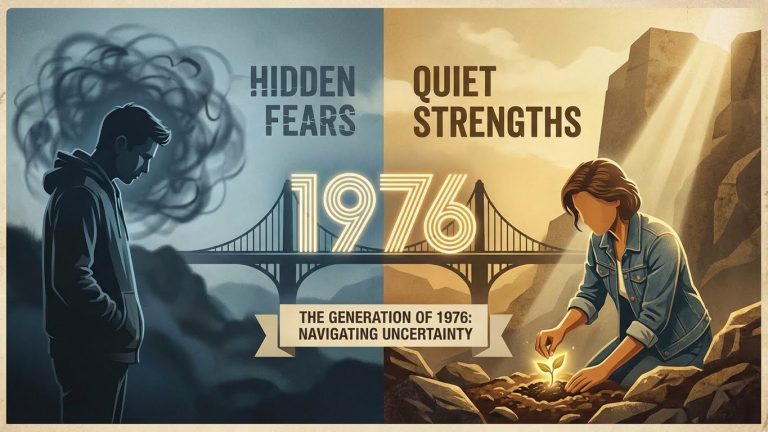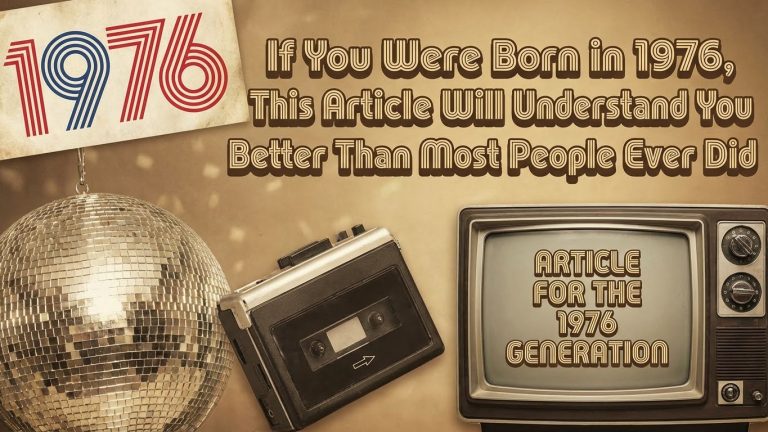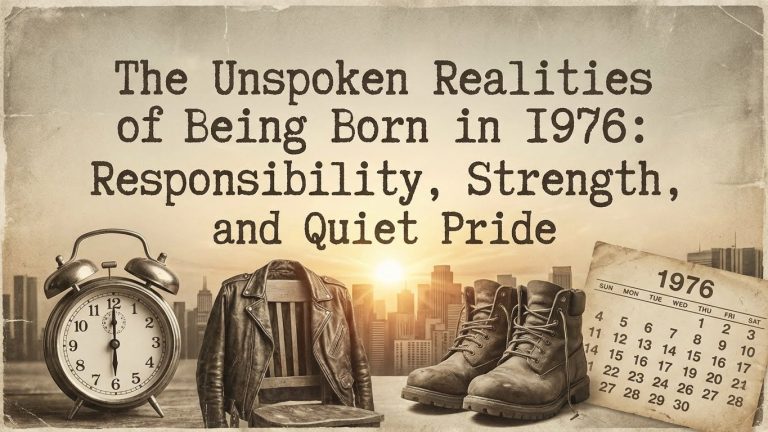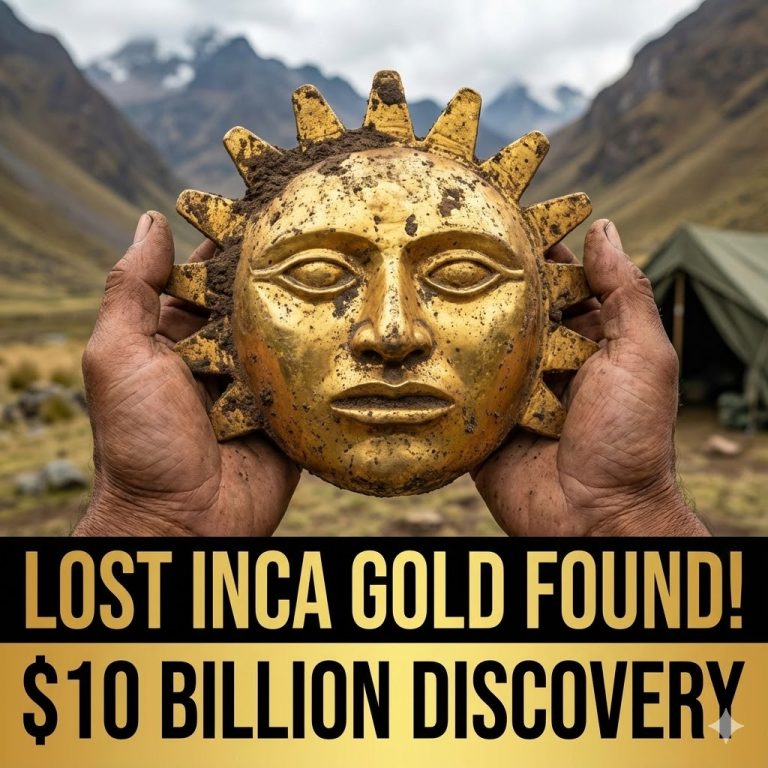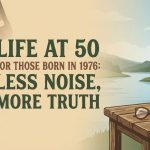Why Dating Advice Feels Broken
We live in a world flooded with dating advice. TikTok coaches, Instagram quote pages, YouTube relationship gurus — everyone has an opinion. Swipe left if they don’t text back fast enough. Ghost them to build mystery. Be a “high-value man.” Play hard to get. Say these magic words to make them chase you.
But if all this advice really worked, why are so many people still struggling to form genuine connections?
Because 90% of dating advice doesn’t work. Not because love is dead or people are doomed — but because most advice is based on manipulation, outdated stereotypes, and fear-based thinking. It focuses on winning rather than connecting. It teaches you how to act, not how to be.
In this article, we’ll explore why most dating advice fails — and what actually works if you want something real.
Part 1: The Problem With Mainstream Dating Advice
1.1 – It’s Often Manipulative
So much advice today focuses on game-playing:
- “Don’t text back too soon.”
- “Act like you have options.”
- “Make them jealous.”
- “Mirror their energy.”
The goal? To make the other person feel insecure enough to chase you. But here’s the problem: manipulation may create attraction, but it destroys trust. It might spark temporary interest, but it won’t sustain a real relationship.
When you start building love on games, you end up in a relationship full of anxiety, not intimacy.
1.2 – It Ignores Individual Differences
Most advice is overgeneralized:
- “Men only want this…”
- “Women always respond to that…”
- “Everyone wants a confident partner.”
But people are nuanced. What works for one person might repel another. Attraction isn’t just biology — it’s personality, values, timing, trauma, emotional availability, and life stage.
The idea that a one-size-fits-all script can unlock someone’s heart is not just wrong — it’s lazy.
1.3 – It Prioritizes Ego Over Authenticity
A lot of dating advice comes from a place of fear and ego. It tells you to protect yourself by being distant, detached, or dominant.
The problem? That armor you wear might keep you safe — but it also keeps you from being seen. And real intimacy only grows when people feel emotionally safe to be vulnerable.
Part 2: The Psychology of Why Dating Feels So Hard
2.1 – Attachment Styles Run the Show
Many dating struggles stem from insecure attachment styles:
- Anxious types over-pursue, fear abandonment, and often confuse intensity with intimacy.
- Avoidant types push people away, fear dependence, and crave space more than connection.
- Secure types create stable, healthy relationships — but they’re rarer than you think.
Most dating advice doesn’t address attachment wounds. Instead, it gives surface-level tactics — but people with deep wounds need healing, not hacks.
2.2 – Modern Dating is Built for Short-Term Validation
Apps like Tinder and Hinge reward surface-level traits: looks, wit, curated bios. They create a culture of constant comparison and low investment.
We’re conditioned to seek dopamine hits, not long-term bonds. That’s why ghosting, breadcrumbing, and love-bombing are so common — they’re symptoms of a system designed for short-term thrills.
2.3 – Loneliness Skews Judgment
When you’re lonely, your standards drop. You start tolerating behavior that would normally be a deal-breaker. You chase emotionally unavailable people just to feel something.
Most dating advice doesn’t tell you: work on your loneliness first. You can’t make wise romantic choices when you’re starving for attention.
Part 3: What Actually Works in Dating
Let’s strip away the gimmicks. Here’s what actually builds attraction, trust, and real connection.
3.1 – Self-Awareness > Strategy
Before asking how to date, ask why you date the way you do.
- Are you chasing people who don’t choose you because you fear intimacy?
- Do you feel the need to “win” someone’s love to feel worthy?
- Are you addicted to drama because calm love feels boring?
Real change begins with self-awareness. Once you understand your patterns, you stop repeating the same story with different people.
“Until you make the unconscious conscious, it will direct your life — and you will call it fate.” — Carl Jung
3.2 – Emotional Availability Over Image
The #1 green flag in modern dating? Emotional availability.
This means:
- They’re consistent with communication.
- They show interest and vulnerability.
- They’re open about intentions.
- They respond instead of react.
Forget the six-pack or the 10/10 looks. Emotional safety is the new sexy — because it creates the space for real intimacy to grow.
3.3 – Direct Communication Kills Confusion
Most dating stress comes from ambiguity. That’s why emotional maturity starts with clarity.
- Be honest about your intentions.
- Ask what the other person wants.
- Speak up when something feels off.
Yes, this requires courage. But it also saves you months (or years) of confusion, emotional chasing, and false hopes.
Clarity is kindness. Directness is attractive.
3.4 – Confidence From Self-Respect (Not Arrogance)
Real confidence isn’t about dominating or “being alpha.” It’s about self-respect.
- You don’t chase people who treat you poorly.
- You don’t beg for validation.
- You set standards — and keep them.
- You walk away when things aren’t aligned.
You don’t need to be perfect. You just need to trust that you are enough, even if someone doesn’t choose you.
Confidence is calm, not loud.
3.5 – Depth Over Drama
The dating world often rewards extremes — hot/cold behavior, mixed signals, toxic passion. But real relationships are built on emotional depth, not chaos.
- Ask real questions.
- Share your story.
- Show up with curiosity instead of performance.
If you want something deep, you have to bring depth to the table.
Part 4: Stop Following Rules — Start Following Values
Most dating advice is rule-based:
- “Wait three days to call.”
- “Don’t sleep with them until date five.”
- “Always make them chase.”
But rules create fear, not freedom.
Instead, build your dating life around values:
- Respect. Do they honor your time and boundaries?
- Integrity. Are their actions aligned with their words?
- Kindness. How do they treat others — even strangers?
- Growth. Are they emotionally self-aware and willing to evolve?
When you follow your values, you don’t need rigid rules — you just need alignment.
Part 5: Final Mindset Shifts That Transform Your Love Life
5.1 – Rejection Is Redirection
If someone isn’t choosing you, it’s not because you’re not good enough. It’s because they’re not your person. Don’t take it personally — take it as information.
Every rejection filters the wrong people out — and moves you closer to the ones who can love you properly.
5.2 – You Don’t “Earn” Love — You Align With It
You don’t have to prove your worth to be loved. You don’t have to perform to be seen. Healthy love isn’t earned through effort — it’s created through mutual alignment.
When you meet someone who’s also ready, willing, and emotionally mature — the relationship feels mutual, not like a competition.
5.3 – It’s Okay to Take Breaks From Dating
You don’t have to be in the game 24/7. It’s okay to pause, reflect, and heal. In fact, taking breaks often leads to the biggest breakthroughs — because you grow into the person who stops settling.
Conclusion: The Love You Want Starts With You
The reason 90% of dating advice doesn’t work is simple: it focuses on others, not you.
It teaches you how to get love, not how to give it to yourself first.
But when you become the kind of person who knows their worth, sets clear boundaries, speaks honestly, and values depth — you naturally attract people who resonate with that same frequency.
Love isn’t a game. It’s a mirror. It reflects back who you are, what you believe, and what you’re ready for.
So stop chasing hacks. Start becoming the version of you that’s ready for real love — and you’ll stop settling for anything less.

